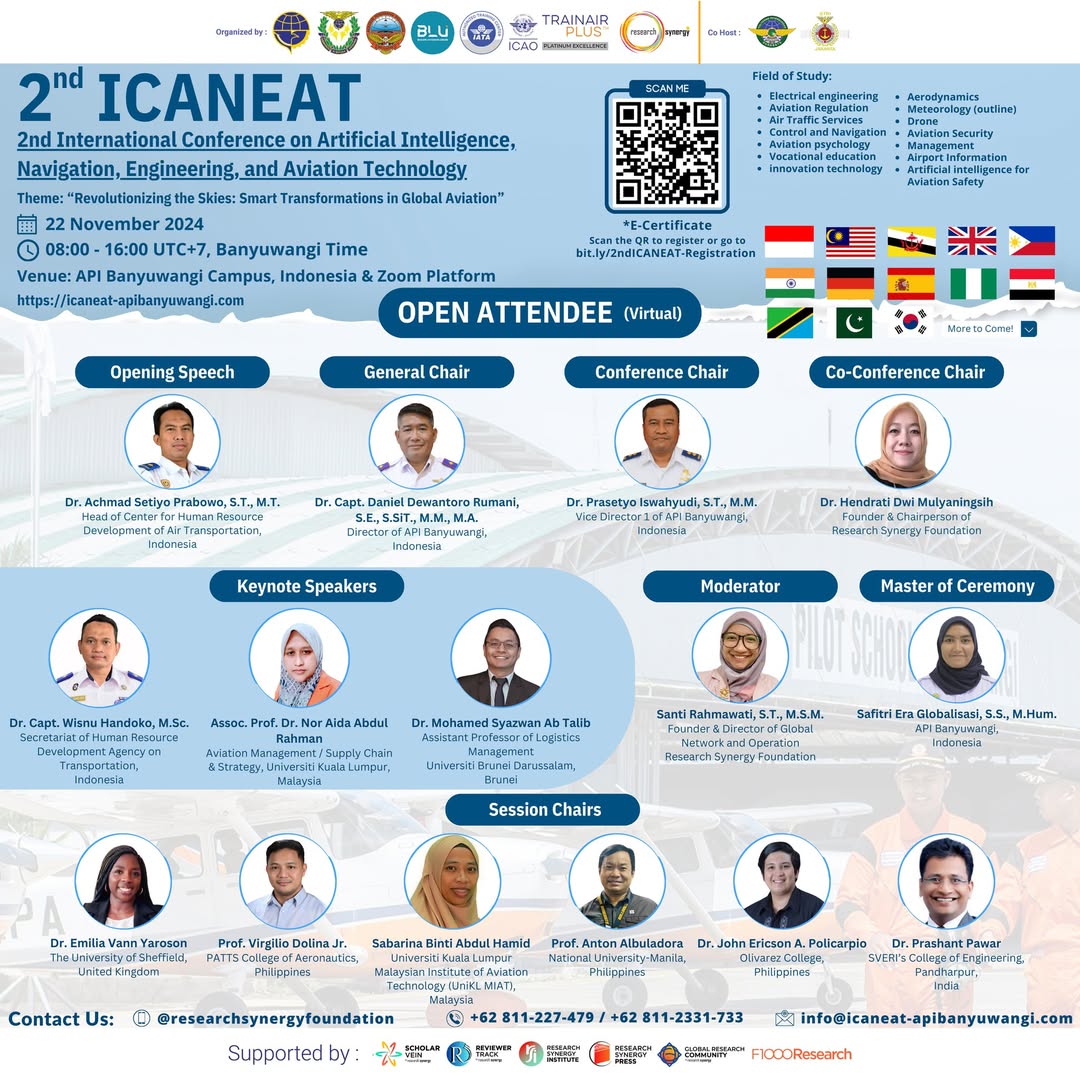The Role of Digital Literacy in Mediating the Influence of Innovative Learning on Teacher Motivation at SMP Negeri 1 Pintu Rime Gayo Bener Meriah Regency
Keywords:
Innovative learning, teacher motivation, digital literacyAbstract
This study aims to analyze the influence of innovative learning on teacher motivation, with digital literacy as an intervening variable at SMP Negeri 1 Pintu Rime Gayo, Bener Meriah Regency. Teacher motivation is one of the crucial factors in improving the quality of education, which can be influenced by teachers' ability to innovate, self-confidence in teaching, and proficiency in using digital technology. The approach used in this study is quantitative with the path analysis method. Data was collected through questionnaires that were distributed to all teachers in the school. The results of the study show that innovative learning has a positive and significant effect on teacher motivation, both directly and through digital literacy as an intervening variable. Digital literacy has been proven to strengthen the relationship between learning innovation and work motivation. These findings affirm the importance of technology training and teacher capacity building in a sustainable manner to improve professionalism and morale in the school environment.
References
[1] Andayani, R., & Tirtayasa, T. (2019). Organizational Culture in Improving Employee Performance. Jakarta: Rajagrafindo Persada.
[2] Hadi, R., & Mahmud, M. (2022). Technology-based learning innovations in the digital era. Journal of Innovative Education, 10(1), 55–66.
[3] Hendaryan, R., Hidayat, T., & Herliani, S. (2022). The implementation of digital literacy in improving students' literacy skills. Literacy: Journal of Indonesian Language and Literature and Its Learning, 6(1), 142-151.
[4] Ng, W. (2022). Empowering educators with digital literacy: Pedagogical, technological, and ethical perspectives. London: Routledge.
[5] Putri, R., & Nurhidayat, M. (2023). Teacher competence and 21st century learning challenges. Journal of Education and Learning, 18(2), 134–145.
[6] Robbins, S. P., & Judge, T. A. (2022). Organizational Behavior (18th ed.). Pearson Education.
[7] Sudiana, N. (2023). Academic Supervision: Approaches and Implementation in Education. Jakarta: Prenadamedia Group.
[8] Sudjana, N. (2022). Teacher Performance and Professionalism in Education. Bandung: Remaja Rosdakarya.
[9] Sugiyono. (2022). Quantitative, Qualitative, and R&D Research Methods.
[10] Suharto, A., & Fitriani, L. (2023). Motivation to teach teachers in secondary school. Journal of Educational Psychology, 9(3), 88–97.
[11] Sulaiman, M., & Arifin, Z. (2021). Innovative learning approaches in improving learning outcomes. Journal of Educational Sciences, 23(1), 71–80.
[12] Surur, M., Sugianto, R., Jannah, S., & Udzri, K. R. (2024). Training on creating innovative learning media based on Canva to improve digital literacy skills. Dedication: Journal of Community Service, 8(1), 85-98.
[13] Tschannen-Moran, M., & Hoy, A. W. (2020). Teacher efficacy: Its meaning and measure. Educational Psychology Review, 16(2), 113–131.
[14] Widodo, A., & Prabowo, H. (2023). Teachers' digital literacy in the post-pandemic era: Opportunities and challenges. Journal of Educational Technology, 15(2), 145–160.
[15] Wulandari, H., & Nisrina, D. A. Z. (2023). The relationship between teachers' creativity and innovation in teaching in the classroom to increasing students' motivation and interest in learning. Scientific Journal of Educational Vehicles, 9(16), 345-354.
[16] Zaelani, A., Gunawan, H., & Ramadhani, L. (2024). Organizational Culture: Concepts and Implementation in the World of Education. Yogyakarta: Deepublis
Downloads
Published
Issue
Section
License
Copyright (c) 2025 Ida Fatimah, Elfitra Desy Surya, Mesra B (Author)

This work is licensed under a Creative Commons Attribution-ShareAlike 4.0 International License.









